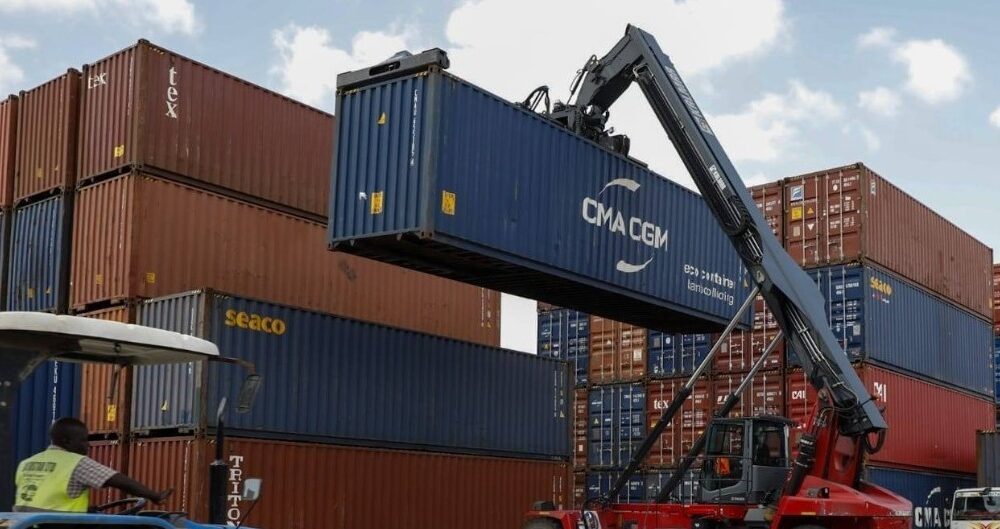By Kei Emmanuel Duku
Kenya Revenue Authority (KRA) has issued new directives requiring all shipments destined for Kenya, and those transiting through Kenya to South Sudan and other countries, to be accompanied by a Certificate of Origin (COO) from the country of export.
The directive, effective July 1, 2025, targets South Sudanese importers, customs clearing agents, logistic companies, general public and traders from other countries who import goods and services through Port of Mombasa.
KRA stated that this new requirement is part of stricter enforcement measures under the new Finance Act, 2025 and non-compliance by importers, the authority warned, will result in goods being seized or forfeited to the state.
A Certificate of Origin is a document that certifies the country where goods are produced, providing essential information to customs authorities in the importing country. Its primary use is to help customs officials determine the correct tariffs (import duties) and taxes to apply to the goods.
The tax collector said for the certificate to be valid, it must disclose details such as the names and addresses of both the exporter and importer, the port of origin, an accurate description of the goods, quantity, country of origin and country of destination.
According to a circular issued by the South Sudan Embassy in Nairobi, Kenya, dated July 15, 2025, South Sudanese importers, clearing agents, logistics companies, and the general public were notified of KRA’s new directive. The Embassy further noted that these new rules apply not only to goods destined for South Sudan but also to consignments bound for Kenya and other countries within and beyond the region.
The new directive took effect on July 1, coinciding with the start of Kenya’s new financial year. “This requirement applies to all shipments, including those transiting through the Port of Mombasa to South Sudan. This regulation is already in force,” reads part of the statement.
Importers have been warned that violating the directive could lead to delays, penalties, or seizures at the Kenyan Port of Entry for goods that do not meet the requirement. Traders are advised to ensure that shipments bound for Kenya and beyond have valid Certificates of Origin issued by the appropriate authority from the exporting country. Furthermore, traders are directed to contact their respective clearing agents or freight forwarders to confirm compliance with the new orders.
As the new directives come into force, the South Sudan Embassy announced it is engaging with the Kenyan government to allow a grace period for South Sudanese importers, so that goods and services already shipped or in transit are not affected. “For time being, avoid sending any new consignments without proper Certificate of Origin as we continue to engage relevant institutions,” the statement concluded.
Meanwhile, the Kenya Revenue Authority stated that to support importers during the shift, the agency has announced a transition period ending on September 30, 2025.
As of this writing, the South Sudan Revenue Authority has not yet issued a statement confirming the new directives.




